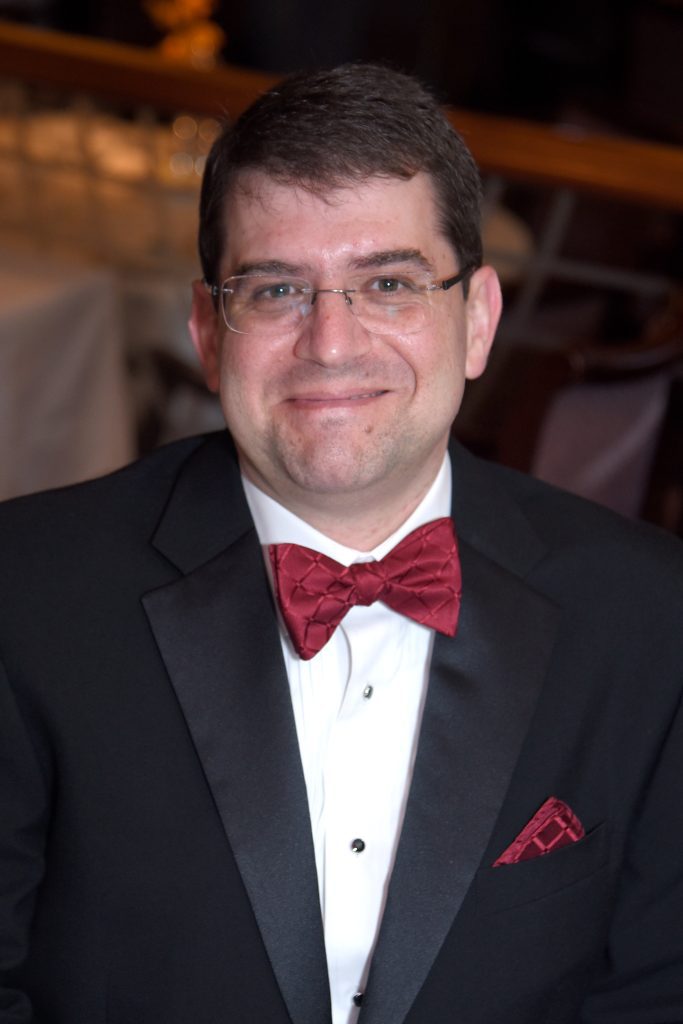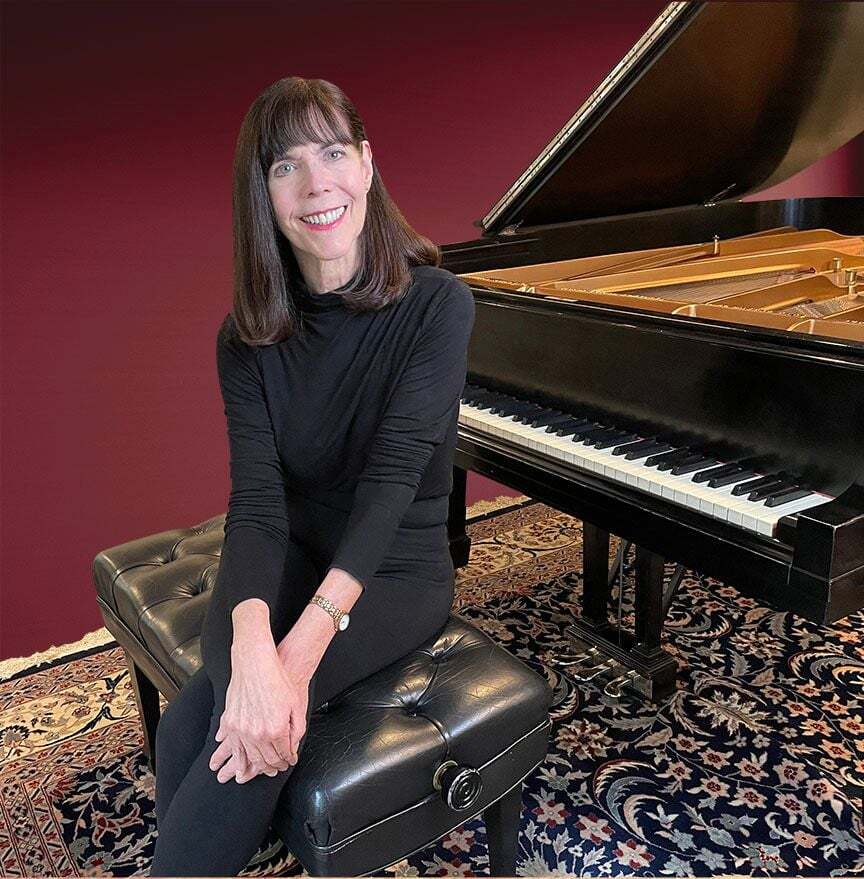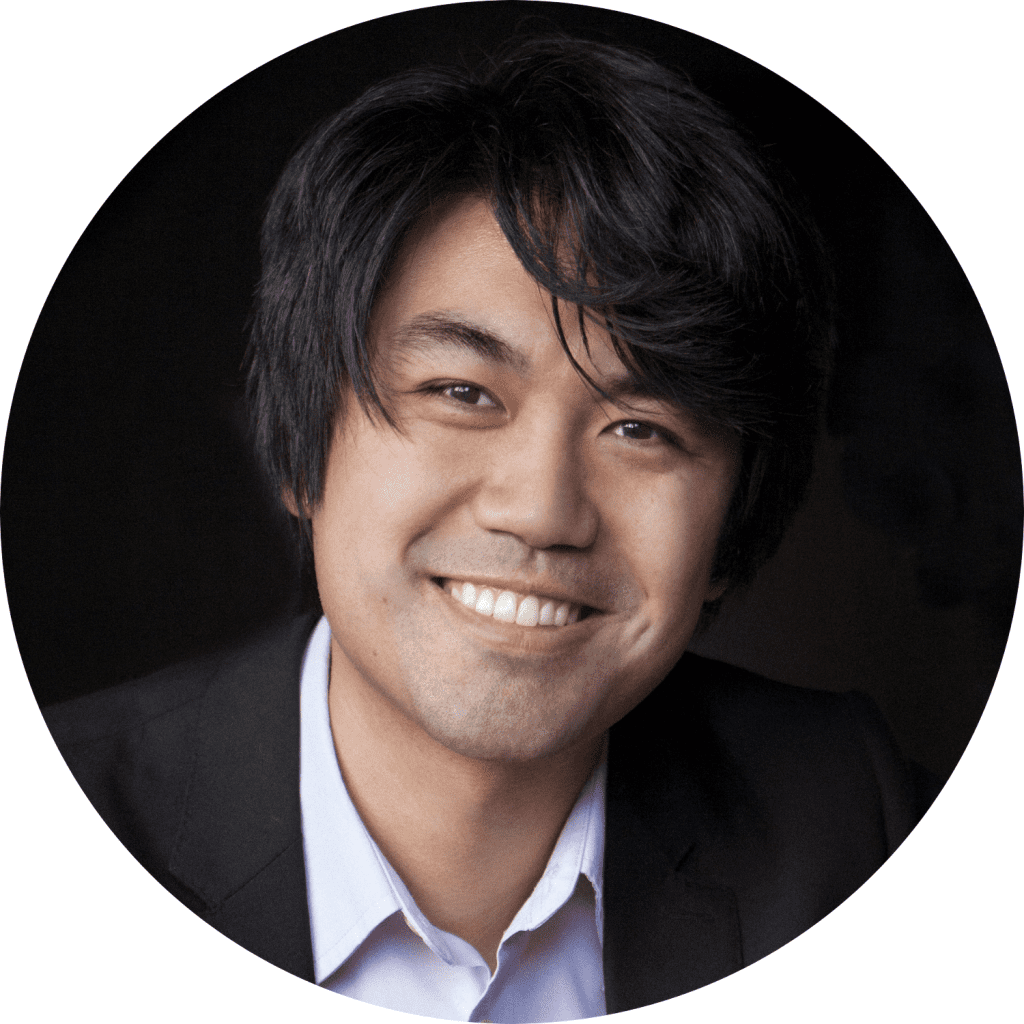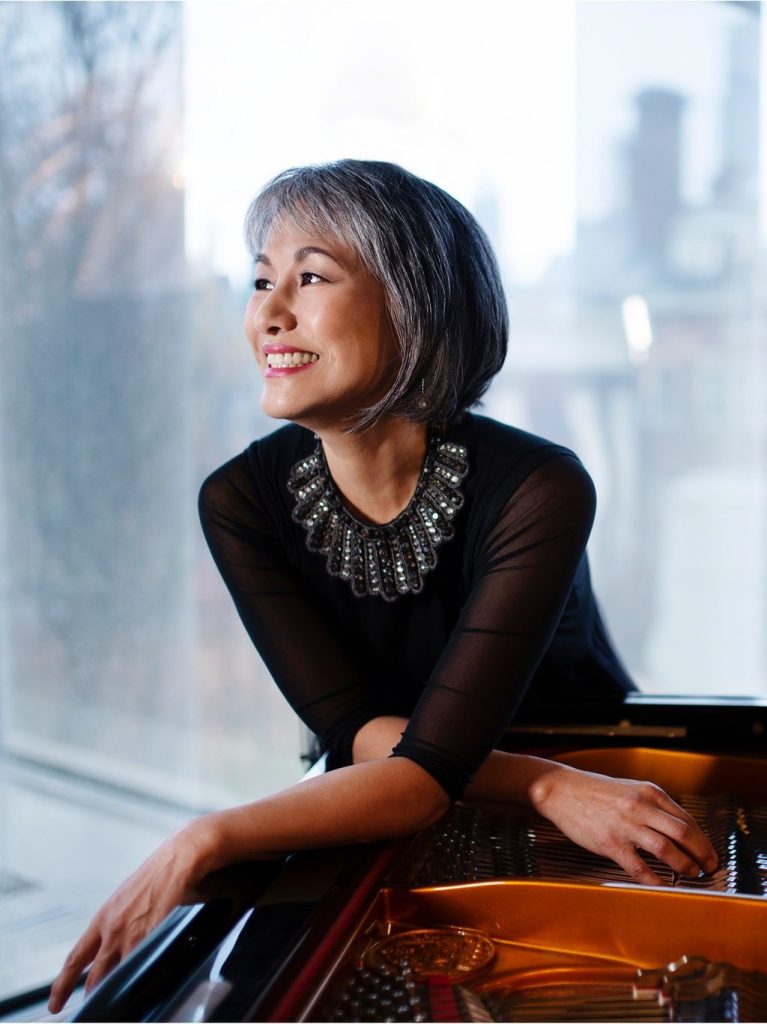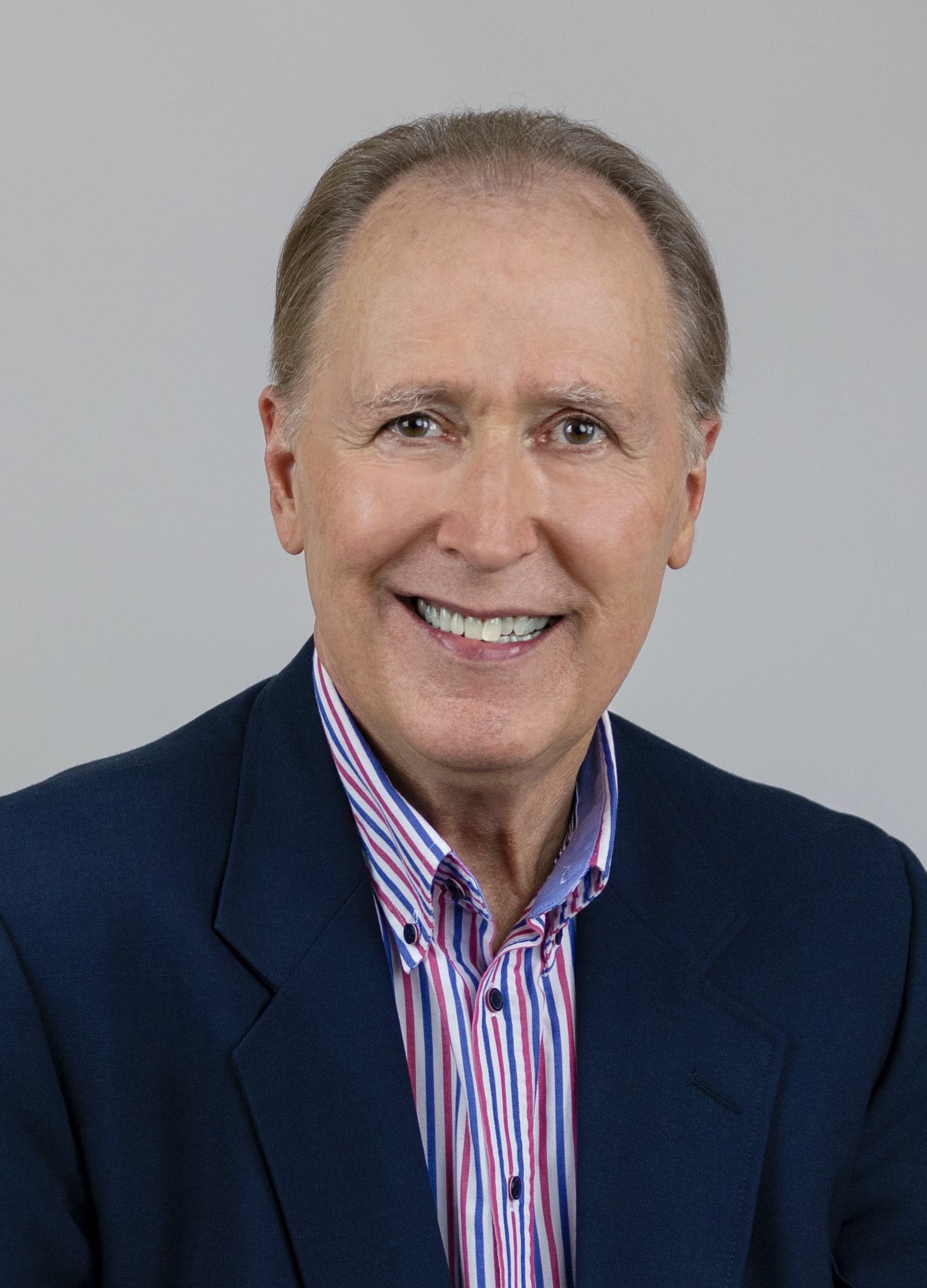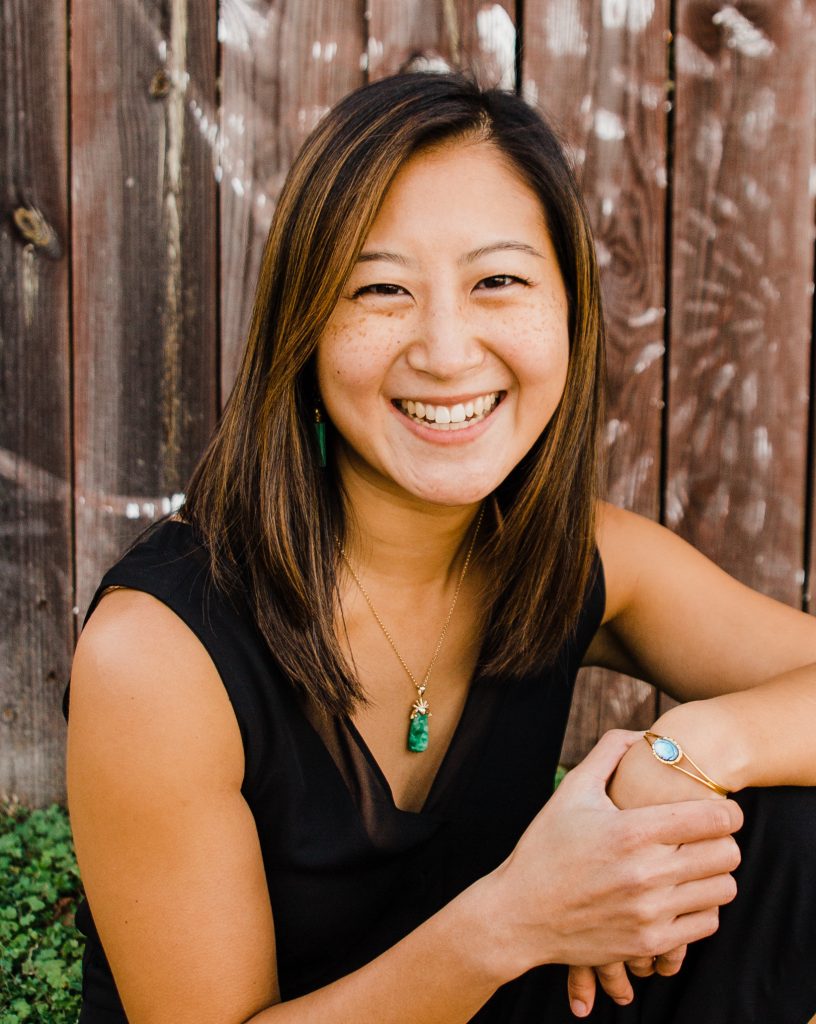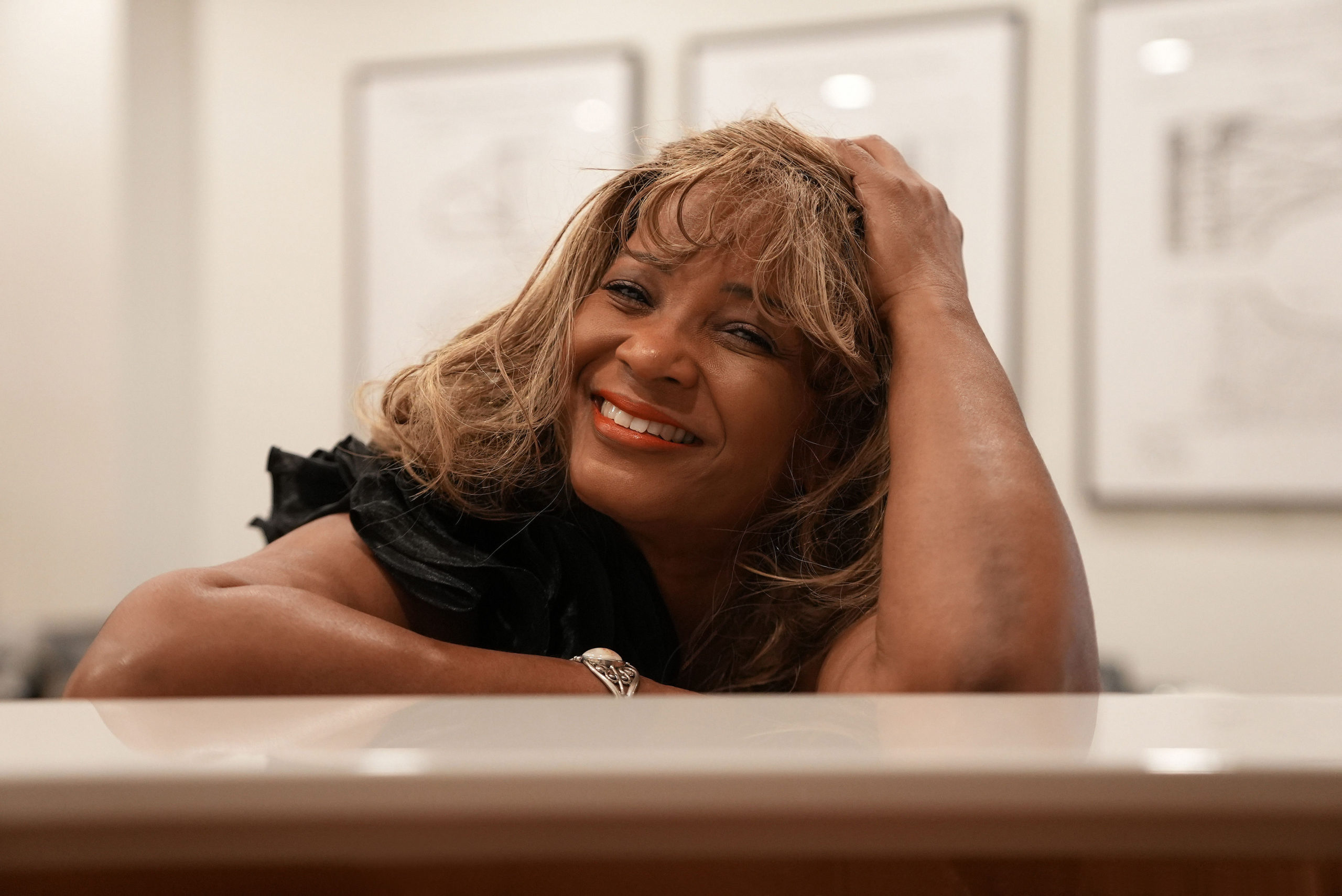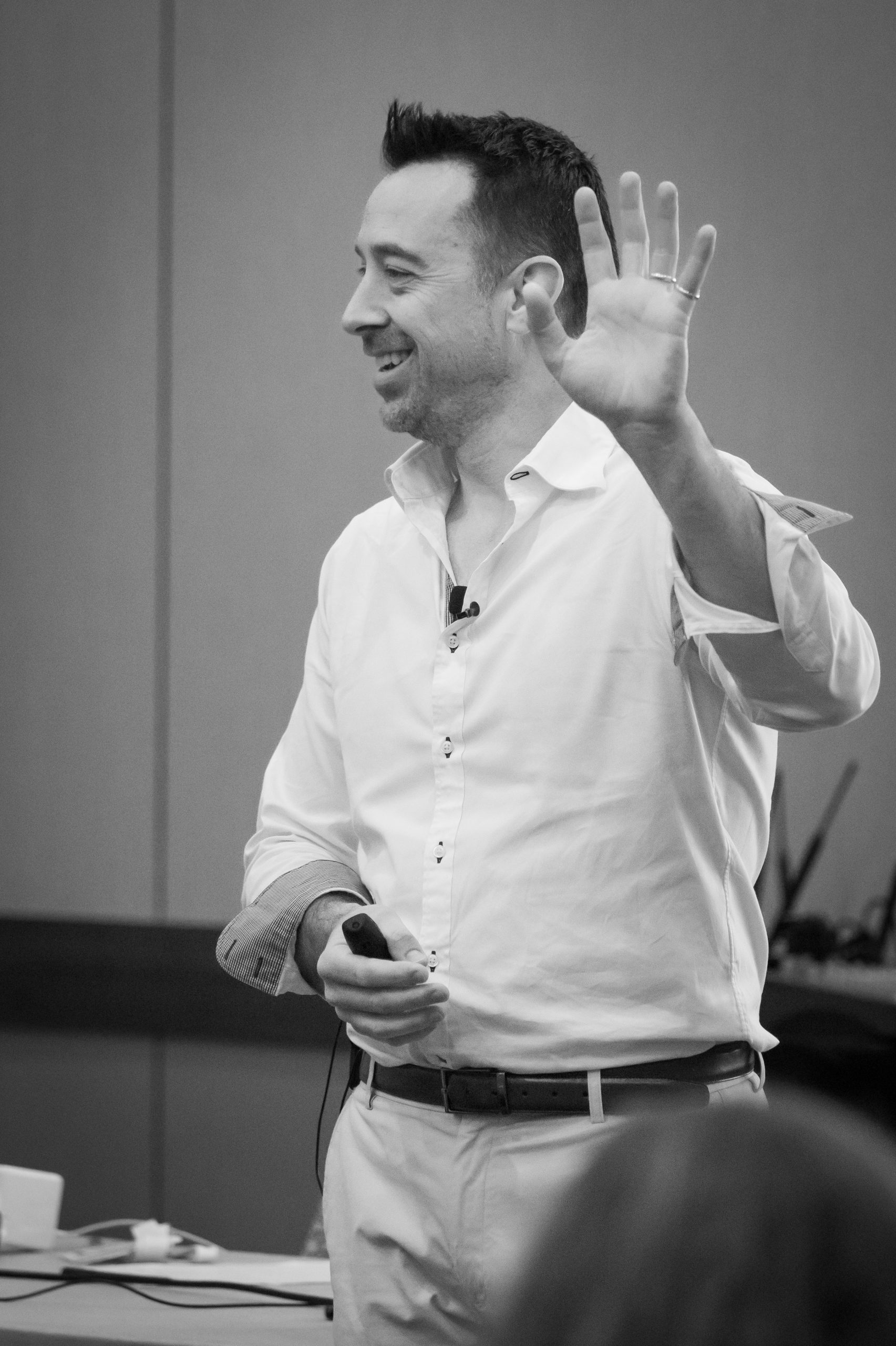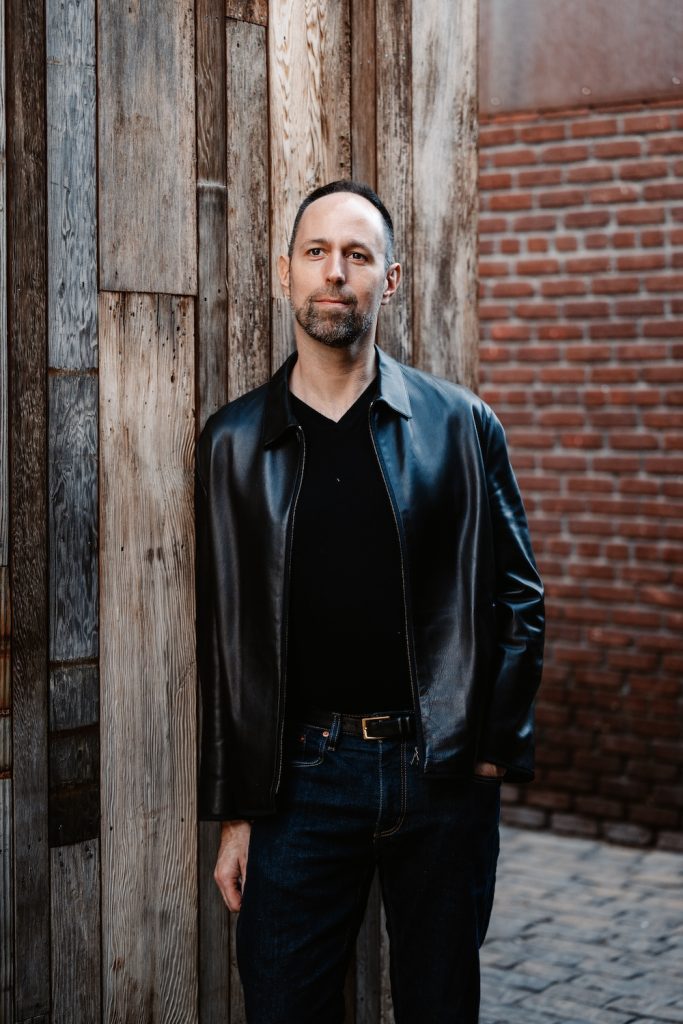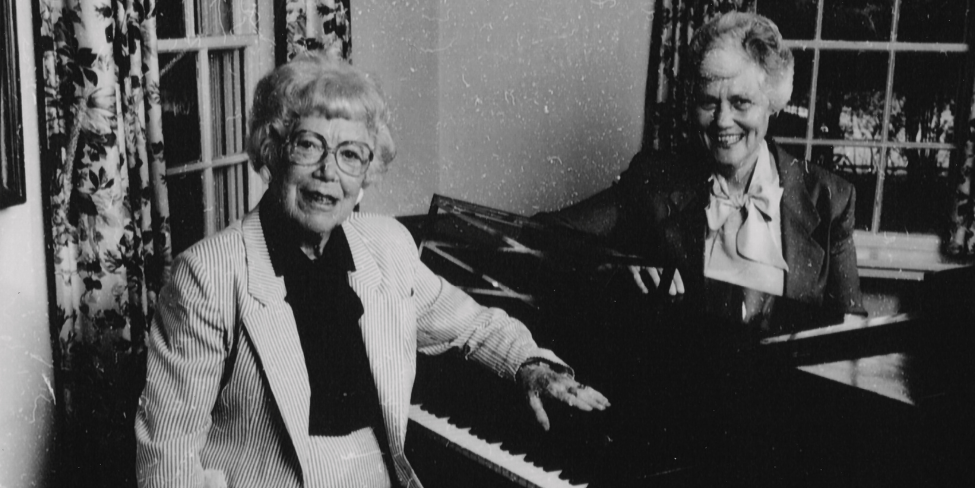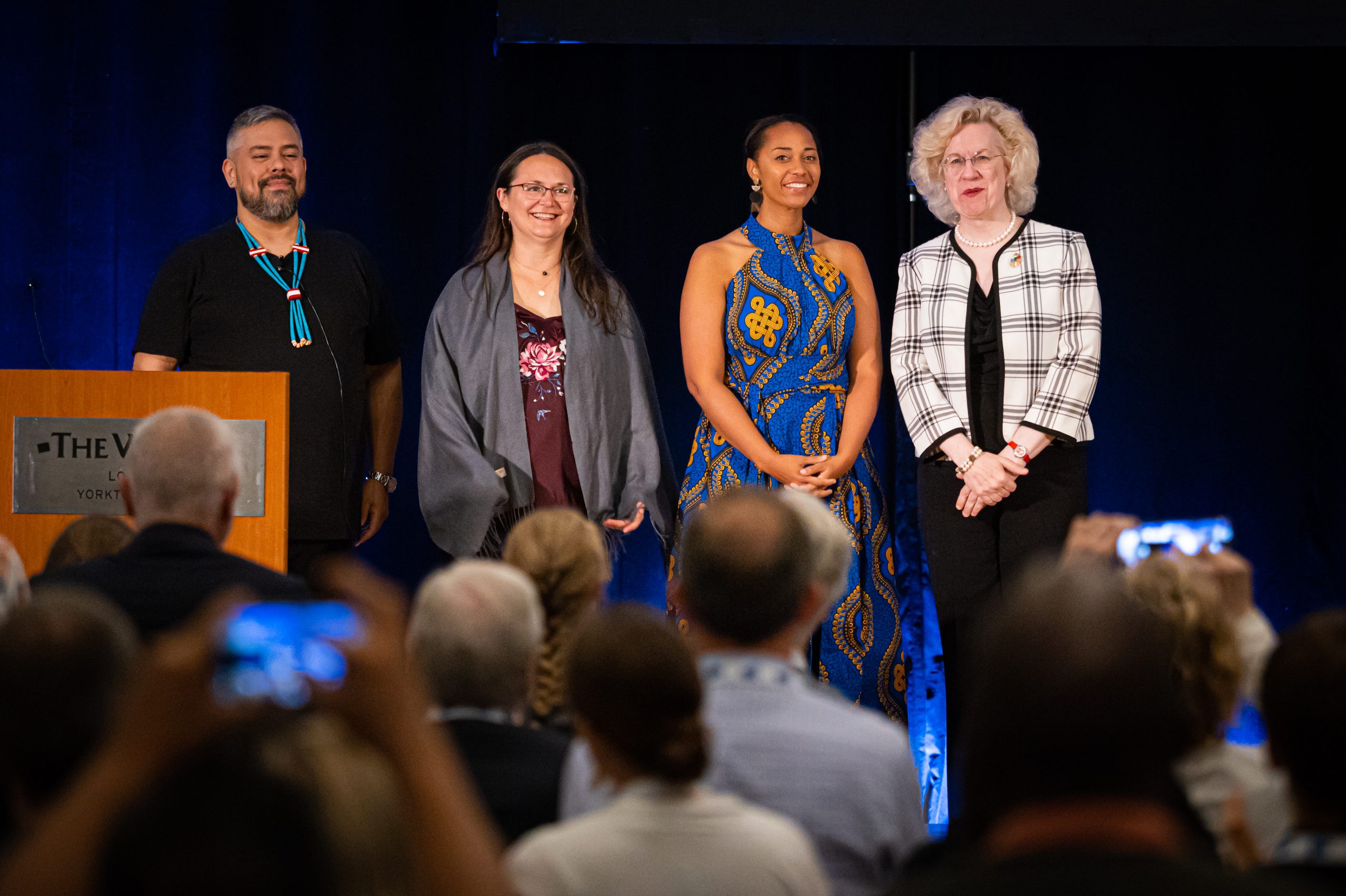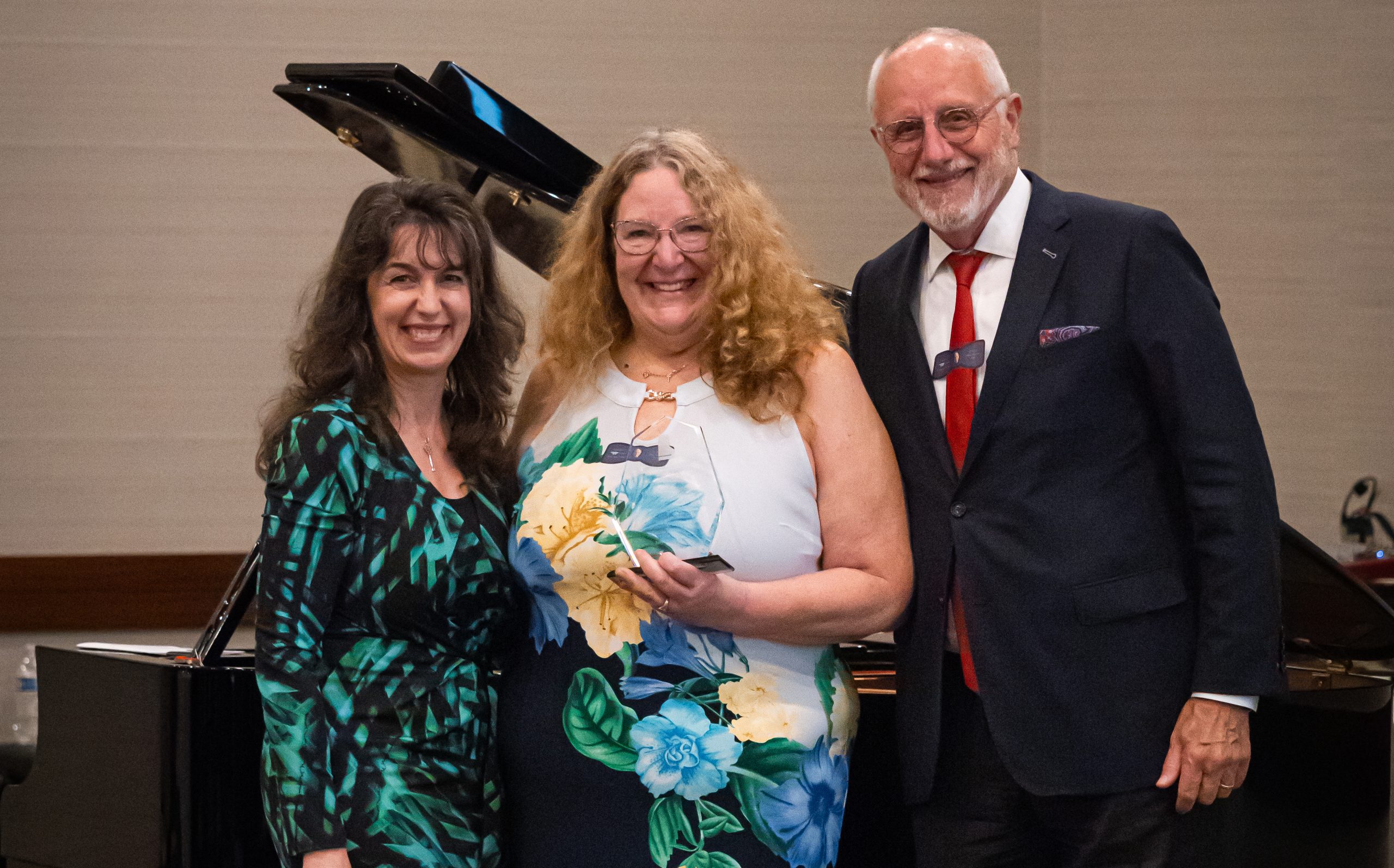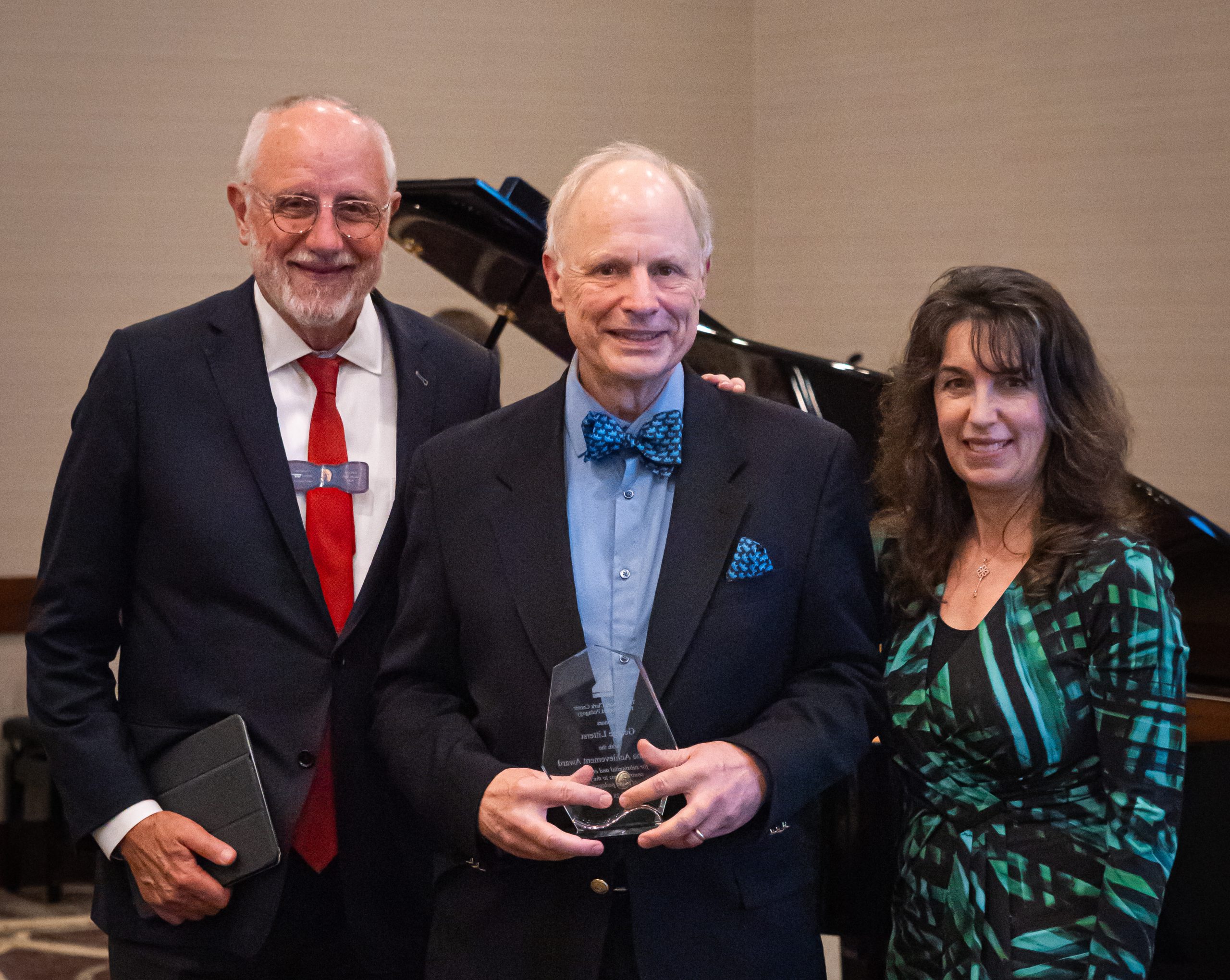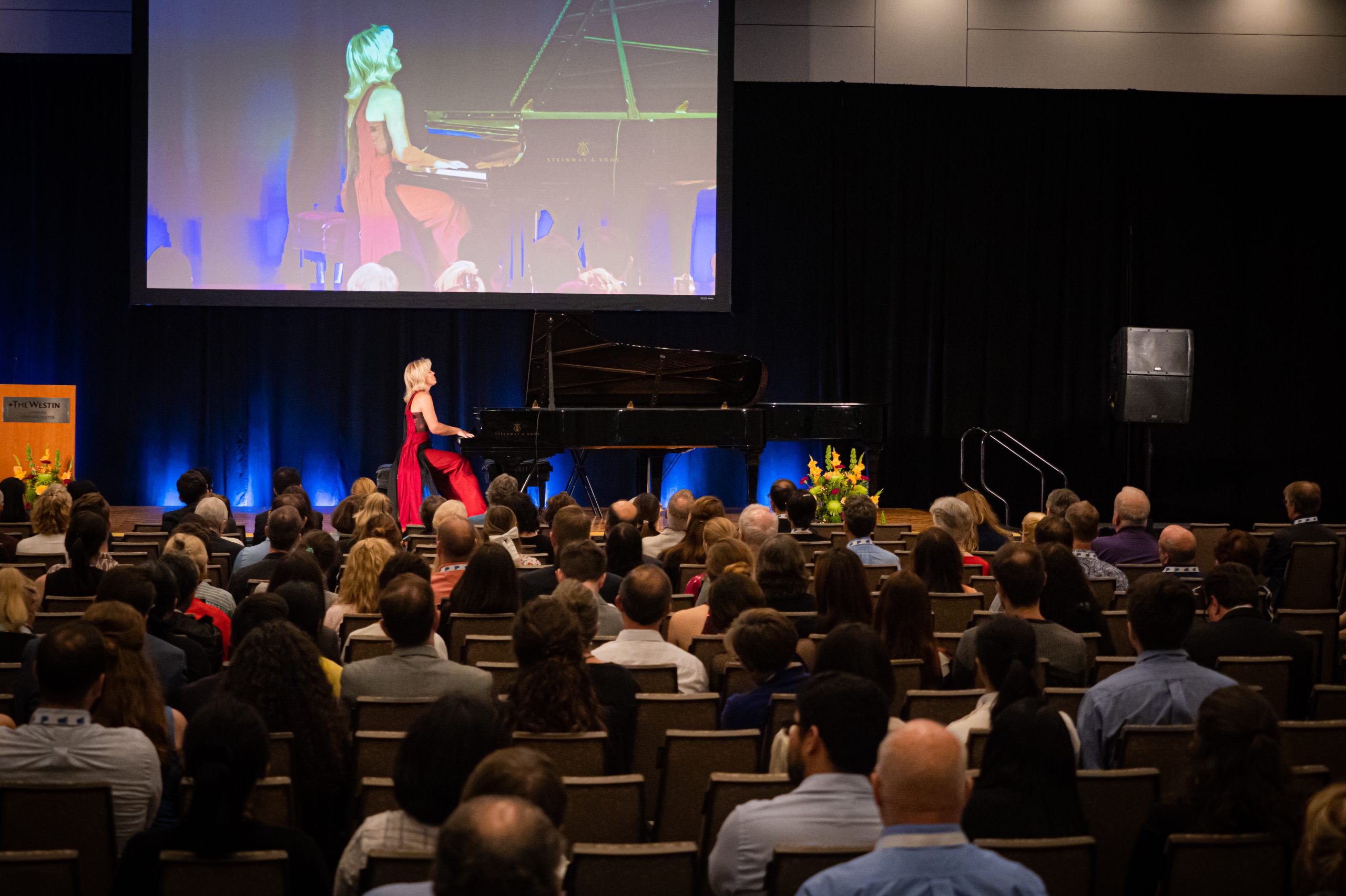To celebrate the latest episode of the Piano Inspires Podcast featuring Martha Hilley, we are sharing an excerpted transcript of her conversation with Artina McCain. Want to learn more about Hilley? Check out the latest installment of the Piano Inspires Podcast. To learn more, visit pianoinspires.com. Listen to our latest episode with Hilley on Apple Podcasts, Spotify, YouTube, or our website!
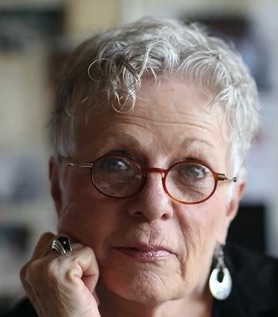
Artina McCain: We always like to end the interview with, “how does piano inspire you?” which I feel like you’ve already told us. But how do you feel like piano inspires you in this portion of your life?
Martha Hilley: Ah. [pause] Number one, I have never dreaded going into a classroom. The fact that I was given the opportunity to teach piano, the way I taught it in groups, changed my life. And the fact that I figured I would die at the University, just in my studio or classroom, someday. I wasn’t going to retire.
Well then, I became president of MTNA, and I knew that I couldn’t do a college job and MTNA at the same time [and]do the kind of job I wanted to do. So I retired. But I knew what I wanted to do was what I’m doing now because piano has shown me, not only does it inspire me to be the best teacher I can possibly be, but it inspires everybody that gets involved with it, if you allow them to be inspired. You know?
And group piano gives you the chance, as the teacher, to shut up. I know people think, “God, you talk all the time,” but I shut up every once in a while and let the students talk about the mistakes they’ve made or a particular way they practiced on something. So they have the opportunity of not only having a teacher, but [also] having peers in the same room with them that have the same problems that they have. They found a solution, so they talk about it, and it’s not coming from me all the time.
AM: Right.
MH: And you’ve been on the website before that goes along with the classes. I’ve had students that come up to me and they say, “Hilley! I cannot get away from you! I go to the website, and I turn on a sound file, and there you are!” And I said, “Well, honey, I [will] go to the practice room with you, to try to talk through things, because I have an idea of the mistakes you might be making and things like that.” So, you know, I inspire them, maybe, but they inspire me more. And they inspire me because of what they do with the piano. So the piano is my life.
Now, I’m not a performer, you know. A stroke in 1993 when I was 49 took care of that from the standpoint of what it has done to my left hand. But that’s okay. I can still play chords and things like that. But piano will never leave my life. It just won’t, yeah. So I guess that’s [how I am] inspired.
AM: That is very [inspiring]. And you inspire us. You’ve inspired me. You always made me feel seen, even in places where other people didn’t see me. So I just wanted to tell you that. We love you, Hilley.
MH: Oh, and the love is coming back. [laugh]
If you enjoyed this excerpt from Piano Inspires Podcast’s latest episode, listen to the entire episode with Martha Hilley on Apple Podcasts, Spotify, YouTube, or our website!
MORE ON MARTHA HILLEY
- VIDEO: I Don’t Get It by Sara Ernst, Martha Hilley, and Pamela Pike
- PIANO MAGAZINE ARTICLE: Reprise: What Teacher Was Most Influential in Your Teaching Career and Why? by Kathleen Murray (ed.), Martha Hilley, and Samuel S. Holland
- PIANO MAGAZINE ARTICLE: Fred Kern: A Pedagogical Giant by Martha Hilley, Samuel S. Holland, and Pete Jutras
- PIANO MAGAZINE ARTICLE: Approaches to Collaborative Music Making in Selected Group Piano Textbooks by Cole Burger and Leonidas Lagrimas
- PAGE: The Frances Clark Center Lifetime Achievement Award
